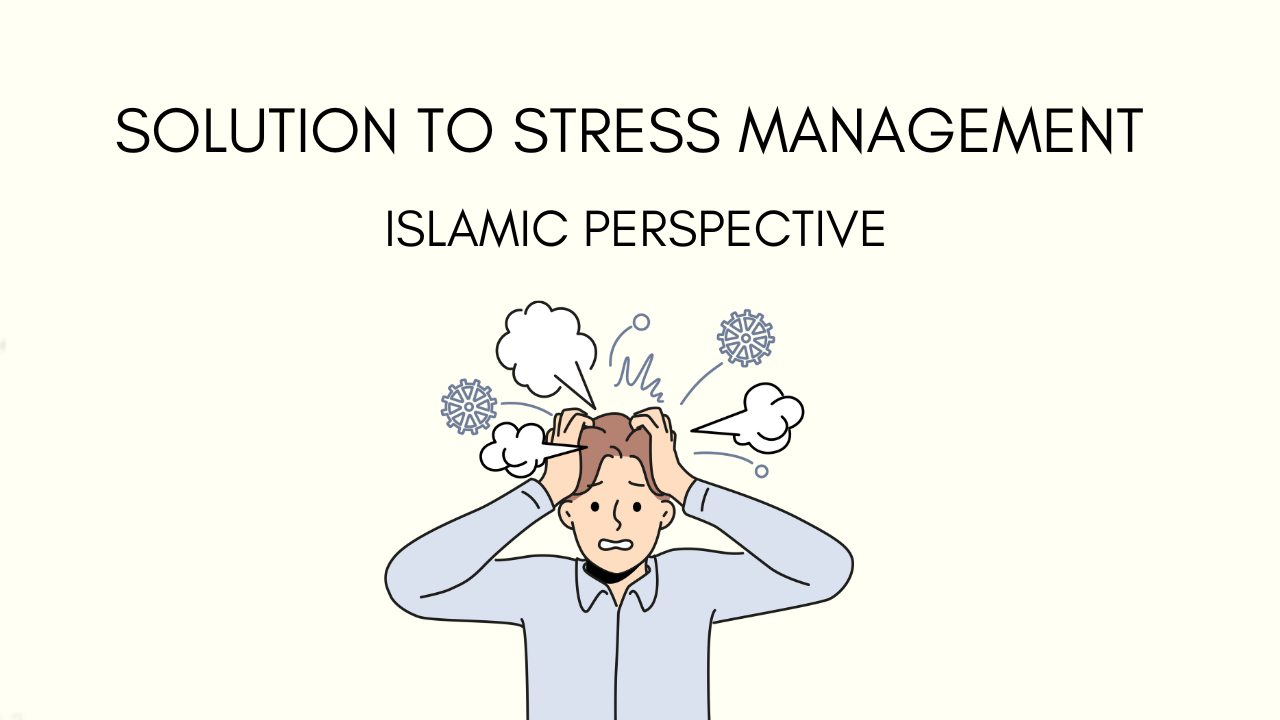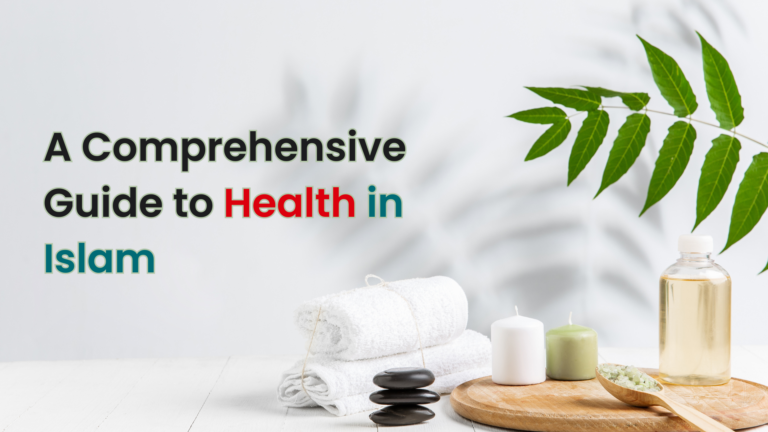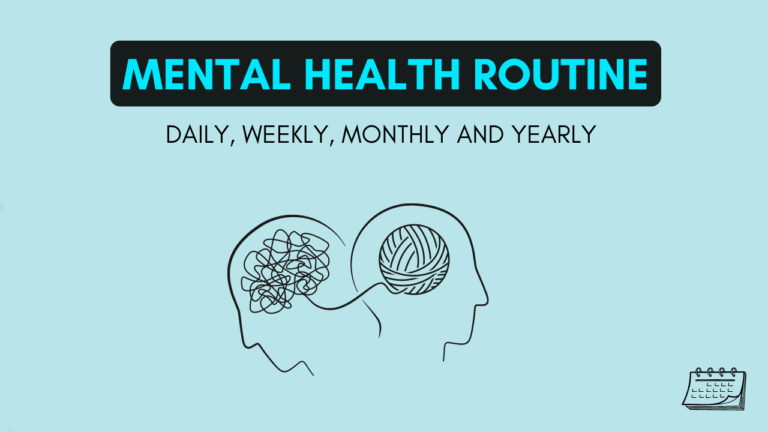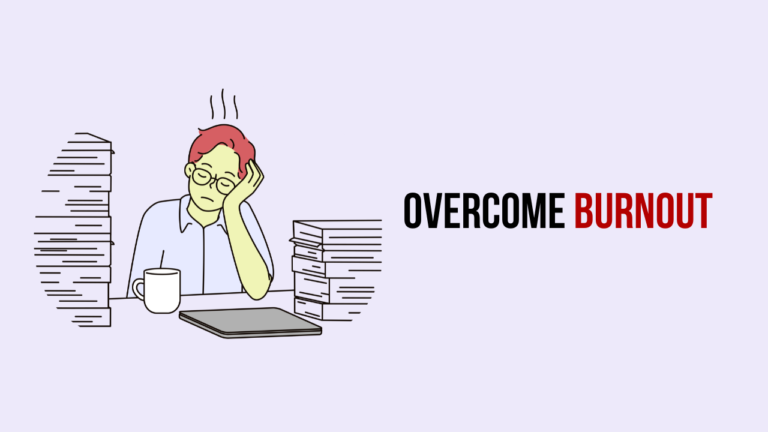Stress is a part of life that affects everyone. Whether it’s from work, relationships, or just daily challenges, feeling overwhelmed is something we all face at some point. But as Muslims, we have tools given to us by Allah (SWT) to help manage and reduce stress. By turning to our faith, we can find peace in difficult times.
Here’s a simple guide to managing stress using Islamic principles.
1. Trust in Allah (Tawakkul)
One of the greatest sources of comfort is knowing that everything happens by Allah’s will. When we truly trust that Allah is in control and has a plan for us, it eases our hearts. The Quran reminds us:
وَمَن يَتَوَكَّلْ عَلَى اللَّهِ فَهُوَ حَسْبُهُۥۤۚ “And whoever relies upon Allah – then He is sufficient for him.”
(Surah At-Talaq, 65:3)
This doesn’t mean we should sit back and do nothing, but after we’ve put in our effort, we should rely on Allah for the outcome. Knowing that Allah is taking care of everything brings immense relief.
2. Regular Prayer (Salah)
Salah is not just a ritual; it’s a source of peace. When we stand before Allah in prayer, we disconnect from the world and connect with our Creator. The Prophet Muhammad (PBUH) would turn to Salah during stressful times. He would say to Bilal (RA):
يَا بِلَالُ، أَقِمِ الصَّلَاةَ، أَرِحْنَا بِهَا “O Bilal, give the call for prayer and bring us comfort by it.”
(Sunan Abu Dawood, Hasan)
Take time to perform your prayers with focus and mindfulness. Each movement and each verse recited is a way to calm the mind and purify the soul.
3. Dhikr (Remembrance of Allah)
Another powerful tool to reduce stress is remembering Allah through dhikr. Simple phrases like:
- سُبْحَانَ اللَّهِ (SubhanAllah) – “Glory be to Allah”
- الْحَمْدُ لِلَّهِ (Alhamdulillah) – “All praise is due to Allah”
- اللَّهُ أَكْبَرُ (Allahu Akbar) – “Allah is the Greatest”
These phrases may seem small, but their impact on the heart is profound. The Quran beautifully states:
الَّذِينَ آمَنُوا۟ وَتَطْمَئِنُّ قُلُوبُهُم بِذِكْرِ اللَّهِۗ أَلَا بِذِكْرِ اللَّهِ تَطْمَئِنُّ الْقُلُوبُ “Those who believe and whose hearts find rest in the remembrance of Allah. Verily, in the remembrance of Allah do hearts find rest!”
(Surah Ar-Ra’d, 13:28)
When you feel anxious, take a moment to pause and engage in dhikr. It’s a quick way to bring calmness into your life.
4. Reading the Quran
The Quran is not just a book of guidance, but also a source of healing for our hearts and minds. When stress becomes overwhelming, try reading or listening to the Quran. Even a few verses can have a powerful impact.
The Quran says:
يَـٰٓأَيُّهَا ٱلنَّاسُ قَدْ جَآءَتْكُم مَّوْعِظَةٌۭ مِّن رَّبِّكُمْ وَشِفَآءٌۭ لِّمَا فِى ٱلصُّدُورِ “O mankind! There has come to you instruction from your Lord and healing for what is in the hearts.”
(Surah Yunus, 10:57)
Make a habit of reading even a small portion of the Quran daily. Its words are soothing and remind us of Allah’s mercy and guidance.
5. Make Dua (Supplication)
Sometimes, we just need to pour our hearts out to Allah. Dua is a way to speak directly to your Creator, sharing your fears, worries, and hopes. Allah is always listening, and no request is too big or too small for Him.
In moments of stress, remember this dua from the Prophet Muhammad (PBUH):
اللَّهُمَّ إِنِّي أَعُوذُ بِكَ مِنَ الْهَمِّ وَالْحَزَنِ، وَالْعَجْزِ وَالْكَسَلِ “O Allah, I seek refuge in You from anxiety and sorrow, from weakness and laziness.”
(Sahih al-Bukhari)
Whenever you feel stressed, raise your hands and ask Allah for help. Making dua regularly builds a connection with Allah and brings peace to the heart.
6. Exercise and Healthy Living
Islam encourages taking care of our physical bodies. Stress often builds up when we don’t care for our health. Regular exercise, even something simple like walking, can reduce stress. The Prophet Muhammad (PBUH) encouraged physical activity and maintained a balanced lifestyle.
Eating healthy, sleeping well, and staying active help keep the mind and body strong, which in turn helps manage stress. The Prophet (PBUH) said:
إِنَّ لِبَدَنِكَ عَلَيْكَ حَقًّا “Indeed, your body has a right over you.”
(Sahih Bukhari)
Caring for your body is also an act of worship when done with the intention of staying strong to fulfill your duties.
7. Keep Good Company
Stress can feel heavier when we’re alone. Islam encourages us to surround ourselves with positive and supportive people. Good company can lift our spirits, remind us of our purpose, and help us focus on what truly matters.
The Prophet Muhammad (PBUH) said:
الْمَرْءُ عَلَى دِينِ خَلِيلِهِ، فَلْيَنْظُرْ أَحَدُكُمْ مَنْ يُخَالِلُ “A person is upon the religion of their friend, so let one of you look at whom they befriend.”
(Sunan Abu Dawood, Sahih)
Choose companions who uplift you and remind you of Allah. They can be a source of comfort during tough times.
8. Gratitude (Shukr)
One of the easiest ways to combat stress is to focus on what we’re grateful for. Shukr, or gratitude, shifts our perspective from what we lack to what we have. When we count our blessings, our worries seem smaller.
Allah promises us in the Quran:
لَئِن شَكَرْتُمْ لَأَزِيدَنَّكُمْ “If you are grateful, I will surely increase you [in favor].”
(Surah Ibrahim, 14:7)
Take a moment each day to reflect on your blessings, no matter how small. This practice can dramatically shift your mindset and reduce stress.
Conclusion
Managing stress isn’t about removing it from our lives completely—that’s impossible. Instead, it’s about using the tools Allah has given us to handle stress with patience, faith, and wisdom.
Remember, life is a test, and part of that test is how we handle challenges. With trust in Allah, regular prayer, and a positive mindset, we can manage stress in a way that brings us closer to our Creator and fills our hearts with peace.
May Allah grant us ease and tranquility in all aspects of our lives, Ameen.




